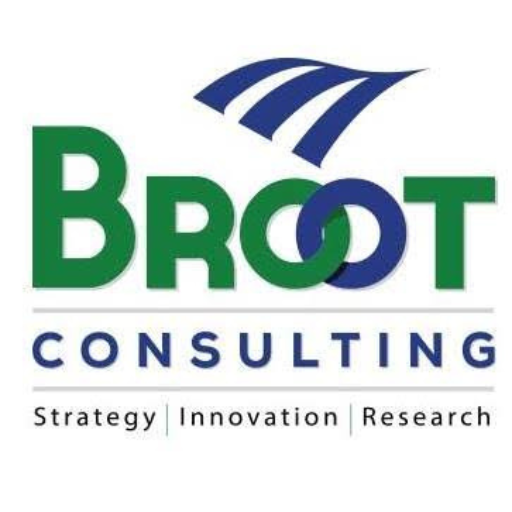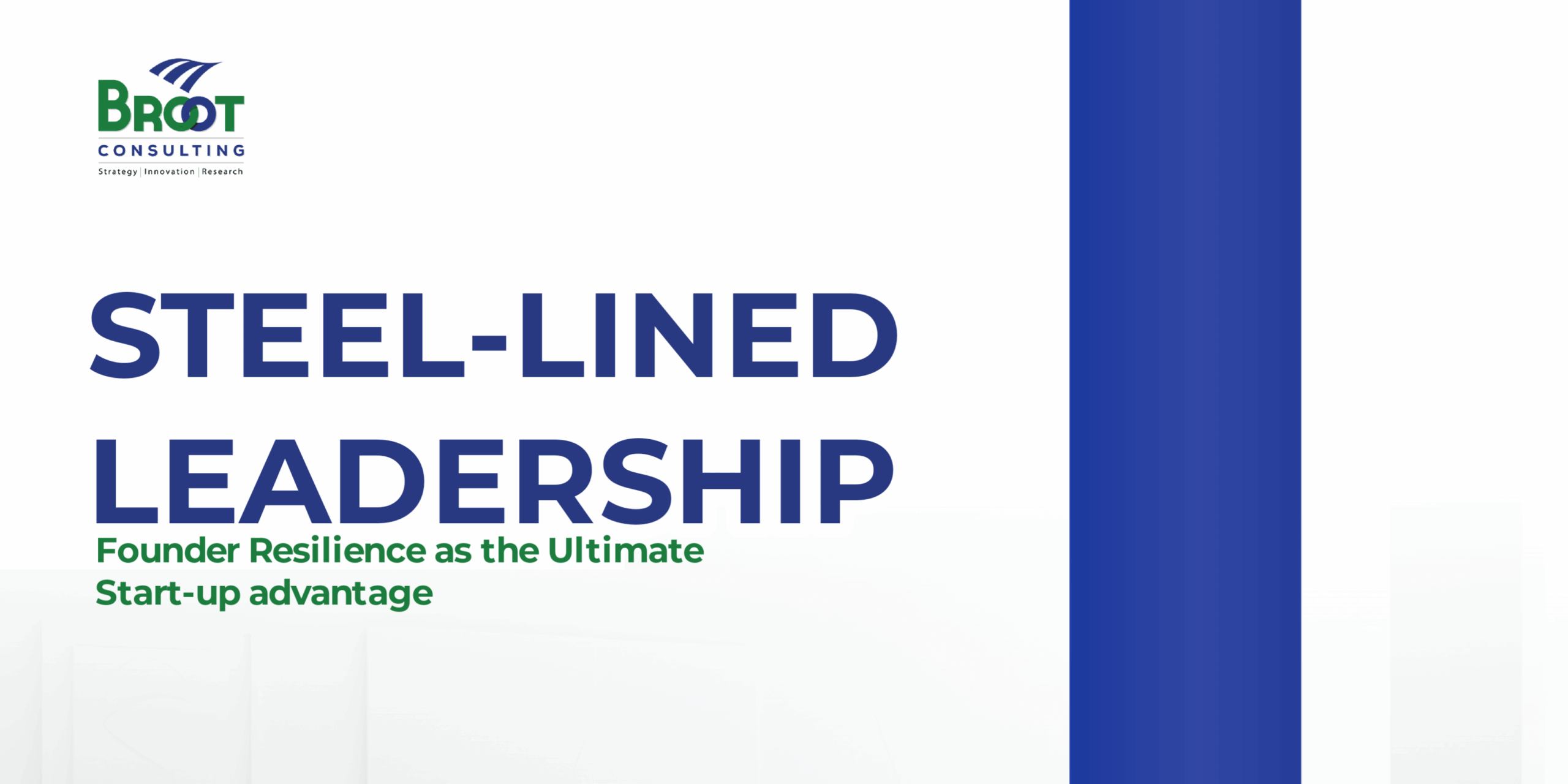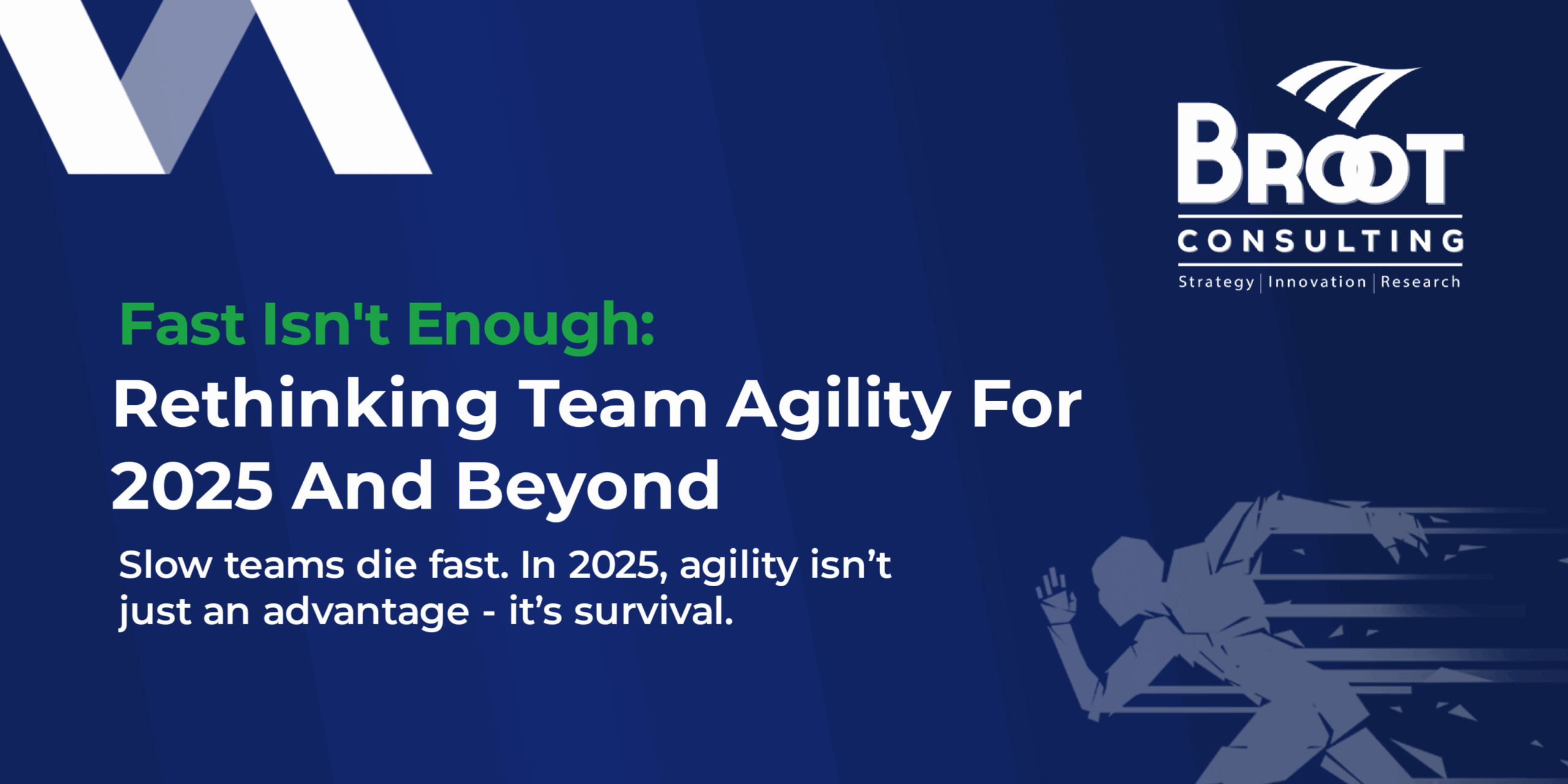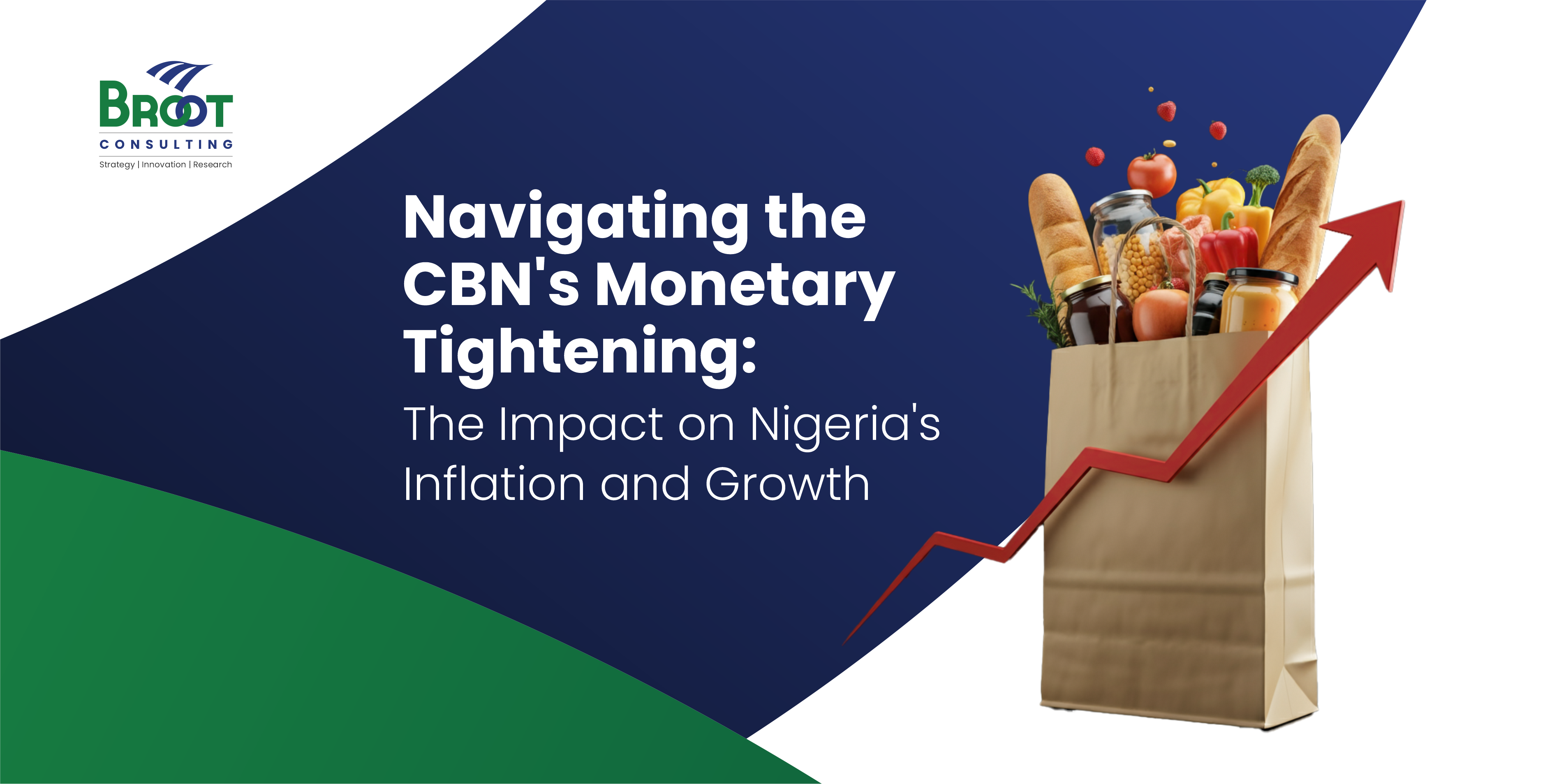Drawing from my personal experiences in interacting with corporate executives and political leaders, I realised that leaders attitude to value creation is either Superficial or Authentic. The superficial value-creators use value-creation as a self-serving strategy. They force-create value to satisfy the interest of the “Boardroomers” while paying little attention to the global good of their customers. The superficiality is informed by the survivalist mindset, designed to enable them to preserve their positions. Their data-centric attitude causes sleepless nights and unnecessary manipulations. Most of their time is spent analysing numbers such as percentage of market share, profit margins, number of Fixed deposits secured, or current accounts opened, number of new clients attracted, number of new patients that comes to their hospitals or number of students enrolled and graduated. Everything to a superficial value creator is in the numbers!

Last week, I was at the head office of a commercial bank in Nigeria for a meeting with their Head of Innovation and Strategy. When he came to receive me, all I could see was a man that is completely worn-out and exhausted. I jokingly said, “why are you looking this tired? The day is still young, my friend”. In the course of our discussion, I discovered the real problem; he was disgusted with their complex processes and policies that add no value to the customers or even the bank. He stated, “we pushed out the marketers to open new accounts at all cost; therefore, an account is opened in the evening and all the money is taken out in the morning and never operated again” To the numbers-oriented person, a new account was opened but to a value-oriented person, value was created.
He further stated, when our staff meet potential customers, their concern is to get deposits, forgetting that it is only value additions that attract deposits. Innovative products are expected without the necessary R&D budget, but the board is happy provided you keep churning out favourable data which may even be questionable
Leaders with authentic value creation mentality are not driven by numbers but by value. They don’t see you as competition because you do not exist in their yet to be birthed market.
Therefore, their focal point is not the struggle for the market share but how they can develop a devastating innovation that is better and cheaper, and make the world a better place. Ever imagined why Microsoft, Apple, Google, Facebook, Amazon, Alibaba, Walmart, Tesco and Dangote Group grew so big and practically run our lives? They became successful because they created unarguably superior products and services that meet the need of their customers, therefore, they don’t struggle for market share, they created the market and own it.
Numerous value creators have impacted our world and laid the foundation for what it is currently. Today we have buildings of up to 100 floors, clearly, this would this have been possible without elevators, and we owe it to Otis Elevator. In 1854, hundreds of people gathered in New York and watched with amazement, a man standing on a platform that is four stories high, the platform was suspended by a single hard rope. It was the beginning of elevators as it is known in our world today. #marketshare #Innovation #productivity #performancemeasurement

What about Sony, a company that contributed significantly to the economic development of Post-war Japan. Today, “Made in Japan” is synonymous with quality, affordable, elegant and durable products from electronics to automobiles and everything in-between.

 Modern day Japan
Modern day Japan
Superior Value Creators Create and own the Market
Value-imitators are satisfied operating in the Red Ocean, therefore, they continue to embrace sustaining innovation. Apart from the Hi-tech companies listed above, let us quickly look at other industries: Financial Services, Healthcare and Higher Education. What constitutes the real value to financial services users? To them, a strong value is having peace of mind. The peace of mind that makes them see your financial institution as the “go-to-organisation” for starting or expanding their businesses. Or as the go-to organisation their personal needs such as mortgages or finance for their ward’s education.
China is today the envy of the western world, this wouldn’t have been possible without financial institutions that understand the true meaning of value additions. Today, 14 out of the 25 largest banks in the world are China’s and they collectively hold over $17trillion in assets and $155billion in profit. Interestingly, the Industrial and Commercial Bank of China (1984) and China Construction Bank (1954) are the two largest bank in the world with $80Billion in profit and $8trillion in asset. Why are the Chinese banks so successful? They are successful because they created real value. According to the World Bank, within the last three decades, China has lifted over 600 million people out of extreme poverty. Value-creation is the only element that drives meaningful growth, Japan was in complete ruin after the World War II, however, an economic miracle happened because their government was intentional about creating real value. In 1949, in order to drive productivity, they established the Ministry of International Trade and Industry, which formed a strong partnership with the private sector and this eventually led to rapid economic growth that restores her pride and benefit the whole world.
In the Healthcare industry, why are the likes of Mayo Clinic, Cleveland Clinic and Johns Hopkins the best in the world? The answer is clear – excellent clinical competence blended with exceptional patient service! They have skilled expertise in treating the patient as a person and not as a disease. They know how to engage patients and give them care and support that they may not even find in their immediate environment. These little extras give patients pleasant and memorable experiences.
What about the Higher institutions. I have an academic colloquium presentation next week to one of the private universities in the country. Also, we are working on a proposal to help drive the restructuring and transformation strategy of a struggling university. In the course of our research for the two assignments, I stumbled upon a University core purpose statement which reads “Change Nigeria” on their website. I was taken aback, the question on my mind, what is the essence of a University?
The value of higher education should not be measured by the number of students you enrol and graduate but in the number that gets hired with great jobs, create jobs and add incredible value to the world either in business, politics or community engagements. It is in the number of creative minds you develop that make the world a better place. It is for this reason that the likes of Harvard, Stanford, Yale, Johns Hopkins, Oxford, Cambridge will continue to attract the brightest of the society because their value delivery is tangible and impactful.
My argument is not that ratios are not required to measure performance but that hard concentration on market share and ratios without a strong value-creation architecture will only draw momentary applause from the “Boardroomers” but will not translate into long-term sustainability.
Customers/Citizens are not Moved by Numbers but by Real Values
Most organisations operate at pedestrian level because they fail to create a distinct value. Perhaps it is for this reason that most businesses in the Third World continue to lag behind other global corporations.
Whenever superficiality is celebrated with piety, sustainability is threatened and disruption comes knocking.
In the work of John L. Forbis and Nitin T. Mehta, they argued that a value-based strategy is an effective way to gain in the long run a commanding lead over the competition. Therefore, the Economic Value to the Customer (EVC) is a measure for understanding the additional value that a particular service or product add to customers beyond what they already receive from their present suppliers. When this happens, your client or customers will switch because your product has better functionality that enables them to do their job better, faster and easier.
How to succeed in the age of Devastating Innovation
- Identify the value you want to create and why it must be created.
- Develop your strategy around your value proposition: leaders make mistakes when they design value around their strategy.
- Develop a superior and irresistible value: Strategy is not about beating the competition, it is about delivering real Value. I have heard it said that the best way to grow is to steal market share from the competition, but I argue that the best way to grow is to render competition meaningless by creating a superior and irresistible value.
- Measure your employee performance by the value they create not just by the routine work they completed. Employees must be allowed and constantly challenged to create real and measurable value.
Conclusion
Corporate leaders should downplay emphasis on market share to value share. You must constantly ask yourself what value are you creating? An innovation-driven organisation has nothing to be afraid of, but a company whose managers are only particular about the market share and other quantitative ratios have everything to be afraid of in the long run. The best way to succeed is to continuously challenge your value system in respect of our offerings, reinvent our values models, update competencies and develop new strategies.
 Olukunle A. Iyanda, Ph.D., FCA, MBA
Olukunle A. Iyanda, Ph.D., FCA, MBA
Founder/Chief Executive Officer, BROOT Consulting
iyanda@brootc.com




